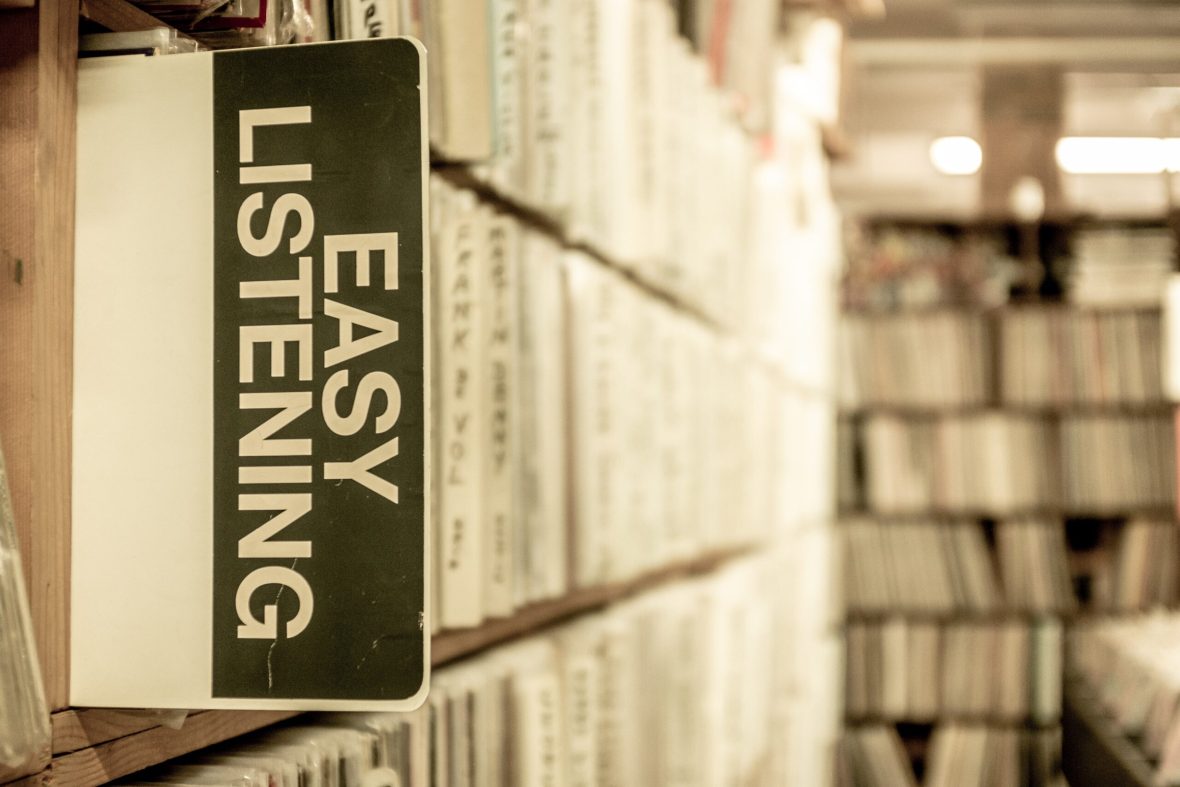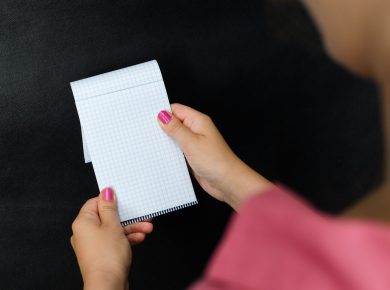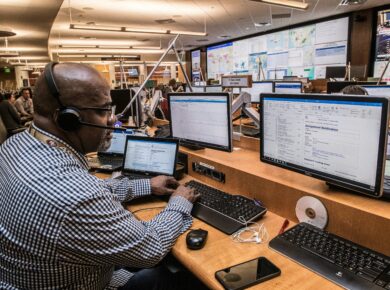Listening is the recognition of sounds produced and decoding and digesting the produced sounds. This article will discuss basic knowledge of listening skills and the purposes of listening skills.
1. Listening is the use of listening organs.
Listening is the use of the organs of hearing and the brain to assimilate what is being produced in sounds. It is hearing and comprehending.
In listening, we see the actions of the brain, the hearing organ, the ear, and the mind. The three operate together and their performance now stands out to be what we have in attention.
2. Listening is a sign of communicative cooperation.
Listening is a sign of cooperation in communication that one is with the other in mind. A character listens to another character. The facial appearance of the listener cannot prove the validity of their listening.
A character may focus his sign on another, but still has his mind elsewhere. It is not the eye concentration that confirms that a character is listening attentively. To listen attentively, therefore, calls for total submission of the mind to what one is hearing.
3. Listening is both a physical and psychological phenomenon.
To listen attentively calls for several physical and psychological phenomena. Physically, a listener has to be healthy. If one’s health is bad, they cannot listen. His attention will be distracted by the pains he has.
Again, there should be no other interesting happening around that could prevent any sound that is higher than the sound one is expected to listen to.
Most important is that there should not be any unfavourable odour around where a person is listening to another. There should not be any pictures or any extraordinary person around that can distract the listener’s attention.
Psychologically, a listener’s mind should be free from anything melancholy. He should be in a happy mind to listen attentively. Interest in what one is listening to also matters.
It’s when we are interested in the speaker that we give him our attention. It is what we have an interest in that we are eager to know about interest in the speaker as well as the interest in what he discusses or explains.
The teacher must arouse the interest of his pupils as an introductory part of his lesson presentation. When the lesson is interesting, the teacher gets the attention of his pupils, and the pupils will listen attentively.
4. Listening enhances speeches.
The listener should have an interest in the person speaking or being spoken about. For example, in news broadcasts or commentary on the radio and television if one has no interest in the item and the person involved in the news or commentary one will not listen.
His attention may be any other thing around. The interest in the speaker as well as in what or who he is speaking about must be in the listener before he can listen.
Purposes of listening
5. To understand whatever sound produced
We listen to understand any sound around us. It may be a shout, a cry, music, noise, or any communication in words. It may be the sound of a wild or friendly animal.
When we understand the sound we hear, we make use of our interpretation of it for other purposes. When we understand the sound heard, we determine who or what is speaking, and, further, we determine what action will follow.
6. To satisfy one’s mind
On hearing any sound, one’s attention is caught by the sound. One listens to satisfy his mind. The sound may be pleasant or contrary. If it is ple,asant one mind smiles; if it is contrary, one feels sorry foroneselff or the person affected.
For example, if one hears any musical sound, they would wish to listen only to enjoy the melody of the music. If it is a shout or cry, one listens to understand what is happening and for him to know the right action to take.
7. To be competent
When we understand the procedure of doing anything, we are competent and organised to do it successfully. We will not be afraid of doing such a thing. We will not doubt our doing it well.
An appropriate trade requires one to be competent. When he listens to and sees what his master does, he becomes competent in the mechanisms involved in the trade he learns. A pupil listens in the classroom to be competent in the schemes of the different subjects of his level.
8. For self-defence
We listen for self-defence. For example, if one hears a strange sound around him, and he listens, he will be able to know whether the sound is friendly or dangerous, and he will then determine what to do to defend himself. He will also know what to say to defend himself if he is queried.
9. To know what is going on
Listening makes us current. If one listens to what people around one listen to the news on either radio or audio-visual media, one must be current with what goes on in one’s environment. Being current with the affairs around one is a sign of successful, dependable, and satisfying living.
10. To know right from wrong about living and to develop a standard of living
When we understand the right approach to living, we have no problem. We will be able to cope with life anywhere we find ourselves in the world. We will not sin against God and our fellow men.
We will know how to take care of our homes. Listening will make us know right from wrong about living in any environment we may find ourselves in.
Listening will help us understand the norms and taboos of any environment we may be in. It can make us adapt ourselves to any society we join in our lives.
11. For a happy and healthy
Healthy adherence to the laws of any society by a member will make the member live happily in society. Obedience to the laws of the land is the key to peaceful living in the land.
Listening will make us understand the laws of the land, and it will also make us obey them. Listening can make us understand what we hear on audio mass media, on health matters.
When we listen to health experts on the spread and prevention of any disease, we will know how to prevent the attack of such diseases. Thus, the health standard of our community will improve.
12. To develop oneself physically and academically
When we listen, we understand the proper care of our body and how to observe the natural laws of the world around us. We will know what and what not to involve ourselves in physically.
Thus, we develop physically. Listening is a major task for a person to develop academically. Without listening we cannot discuss, explain, argue, or account for anything academically. Listening helps us to progress academically. Listening is a major necessity for our academic advancement.
13. To save time
When we listen well, we can act or react to instructions timely manner. We will not waste our time and the time the person passing the instruction or message to us.
We listen to show that we cooperate with the speaker. Listening makes anything involving the use of any language function smoothly without wasting time and energy. Read the similar post on this page.










